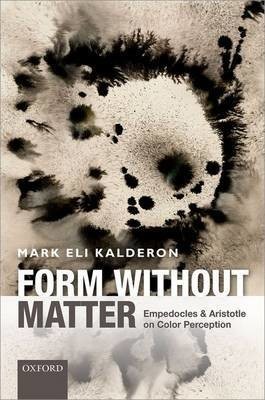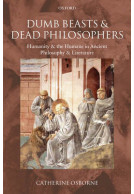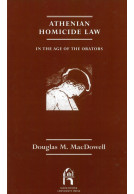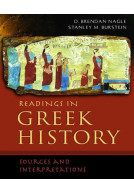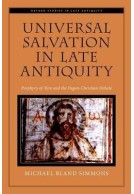Google Books previews are unavailable because you have chosen to turn off third party cookies for enhanced content. Visit our cookies page to review your cookie settings.
Form Without Matter (Hardback)
Empedocles and Aristotle on Color Perception
Imprint: Oxford University Press
Pages: 234
ISBN: 9780198717904
Published: 30th June 2015
Script Academic & Professional
Pages: 234
ISBN: 9780198717904
Published: 30th June 2015
Script Academic & Professional
You'll be £9.95 closer to your next £10.00 credit when you purchase Form Without Matter. What's this?
+£4.99 UK Delivery or free UK delivery if order is over £40
(click here for international delivery rates)
Need a currency converter? Check XE.com for live rates
(click here for international delivery rates)
Need a currency converter? Check XE.com for live rates
Mark Eli Kalderon presents an original study in the philosophy of perception written in the medium of historiography. He considers the phenomenology and metaphysics of sensory presentation through the examination of an ancient aporia. Specifically, he argues that a puzzle about perception at a distance is behind Empedocles' theory of vision. Empedocles conceives of perception as a mode of material assimilation, but this raises a puzzle about color vision, since color vision seems to present colors that inhere in distant objects. But if the colors inhere in distant objects how can they be taken in by the organ of sight and so be palpable to sense? Aristotle purports to resolve this puzzle in his definition of perception as the assimilation of sensible form without the matter of the perceived particular. Aristotle explicitly criticizes Empedocles, though he is keen to retain the idea that perception is a mode of assimilation, if not a material mode. Aristotle's notorious definition has long puzzled commentators. Kalderon shows how, read in light of Empedoclean puzzlement about the sensory presentation of remote objects, Aristotle's definition of perception can be better understood. Moreover, when so read, the resulting conception of perception is both attractive and defensible.
Other titles in Oxford University Press...







